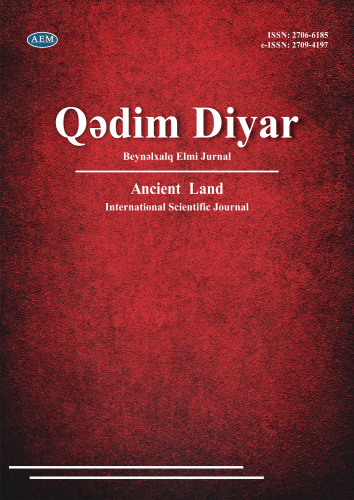DOI: https://doi.org/10.36719/2706-6185/46/179-189
Asma Yahi
University Center – AbdelhafidBoussouf – Mila. Algeria
https://orcid.org/0009-0001-0886-4861
a.yahi@centre-univ-mila.dz
Literary Meaning as the Product of Dialogue between the Reader
and the text through Hans Robert Jauss’s Theses
Abstract
The theses of reading and reception theories have contributed to activating the movement of Western thought, thereby activating the reader's practice in the critical perspective of postmodernism, and due to the conflicting opinions and studies on the different aspects of meaning. Both Iser and Jauss who has legitimacy in owning and producing it, tried to establish a relationship between the reader and the text based on the principles of interaction and dialogue. Unlike critical studies of formalism or modernism that recognize the existence of a meaning as being either clear, not subjected to concealment attempts as if the text is a transparent glass vessel that reveals what is inside it not needing any effort, or a meaning that has been subjected to attempts of concealment. The reader’s task is to merely remove the “curtains” and reveal what is hidden. Through these two visions, the text has a meaning-bearing presence / authority, and the reader is only a passive medium that transmits meaning in light of the transparency of the text, or a positive medium that removes those “curtains”; in both cases, he is subject to the authority of the text, being the focus of reading / study. So, the literary meaning still moves between intentions / authorities, the intentionality of the author, the intentionality of the text and the intentionality of the reader without any of them being able to catch it or put it under its authority.
Keywords: reading, dialogue, Jauss, text, horizons of waiting

